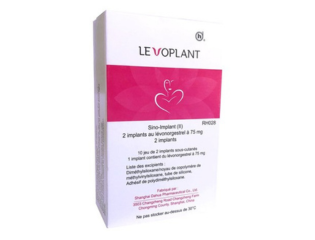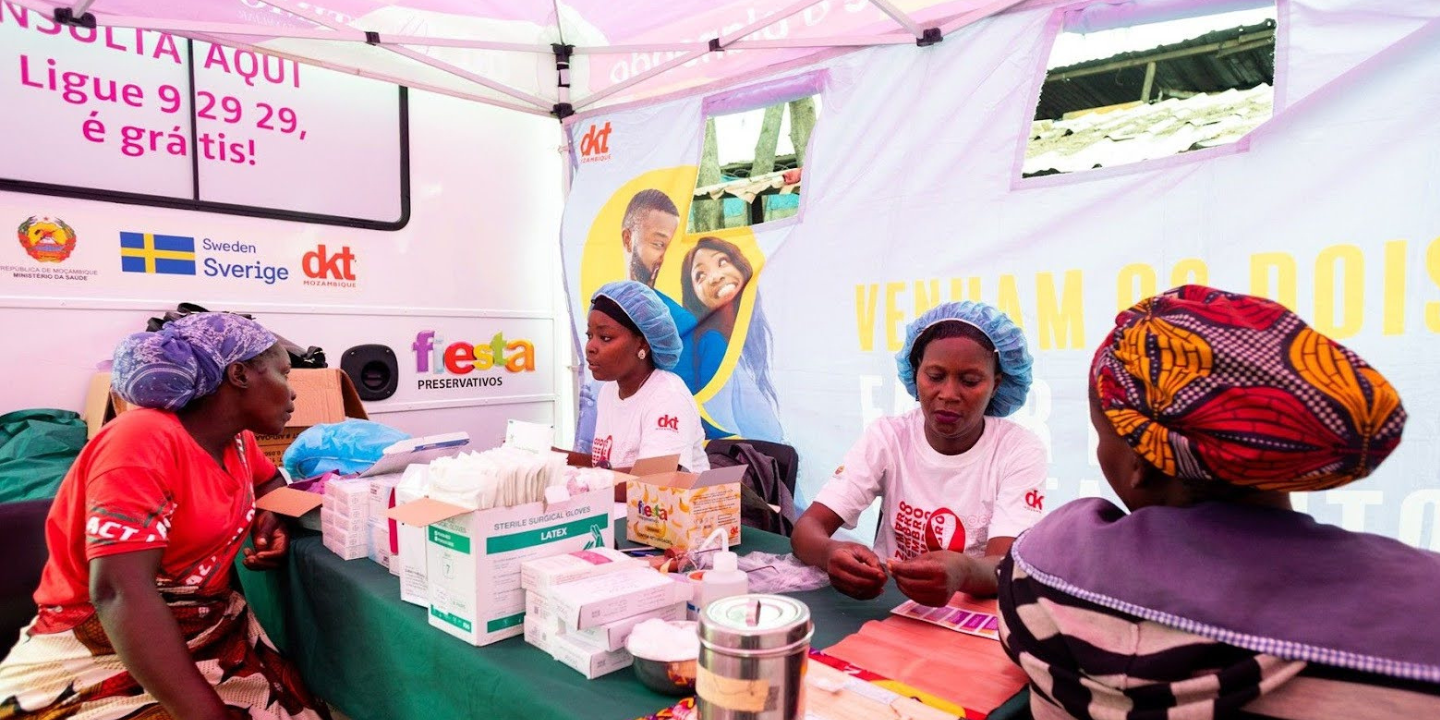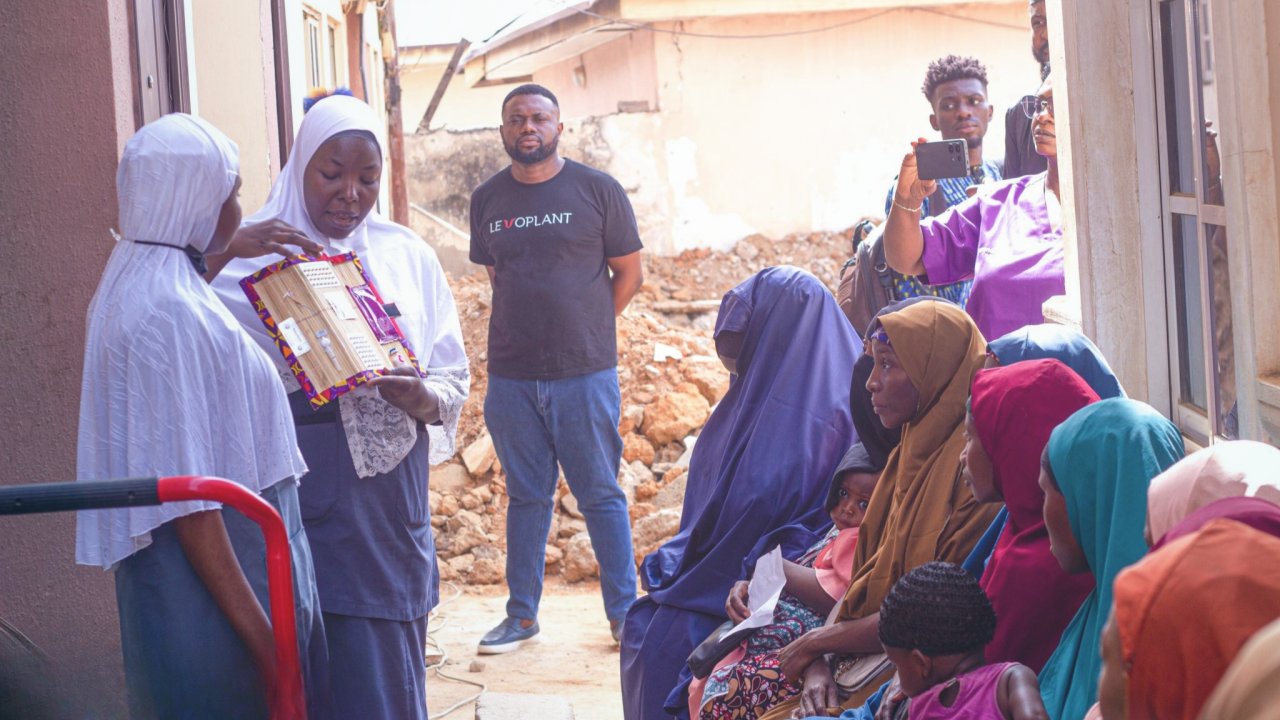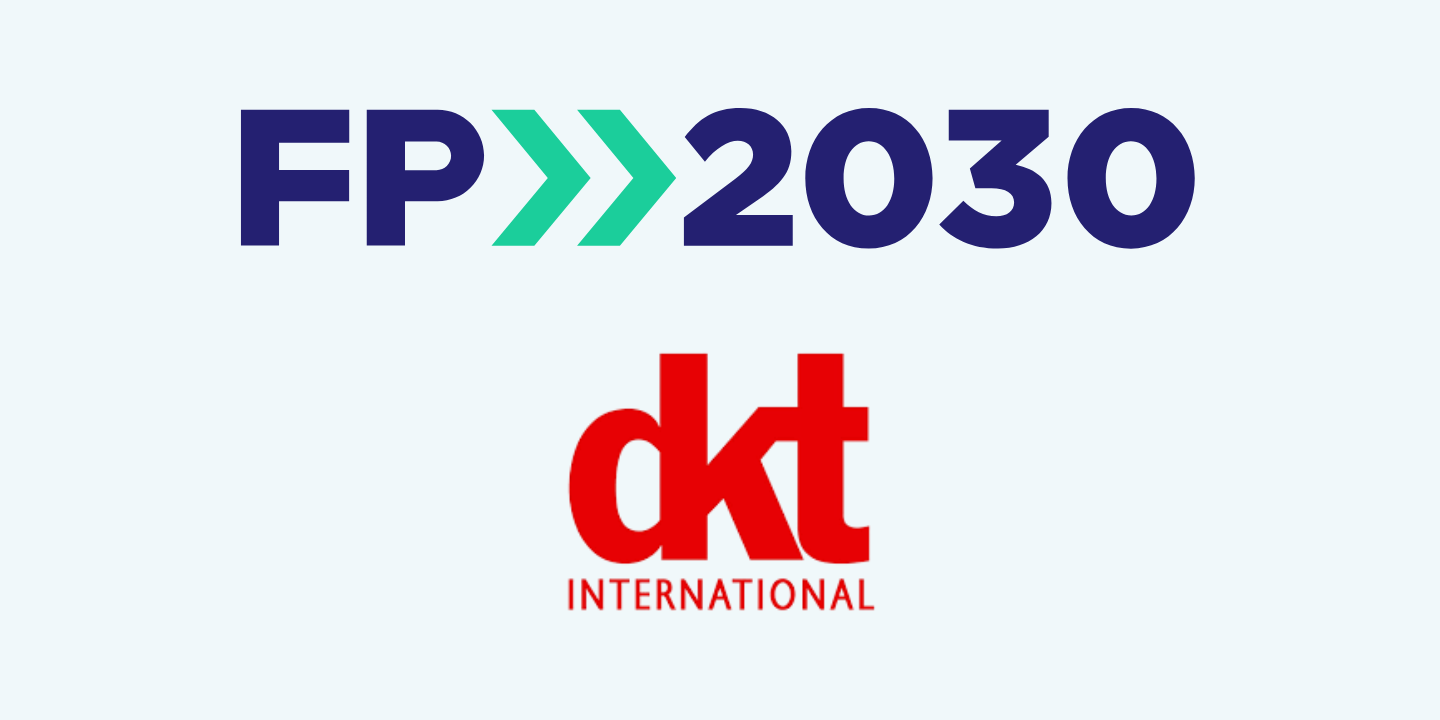Pakistan & Afghanistan
DKT Pakistan/Afghanistan at a Glance
- DKT Pakistan was established in 2012 to serve the poor and underserved populations who have higher unmet need and lower contraceptive prevalence rates. DKT’s Karachi office also serves as the headquarters for operations in Afghanistan, offering a range of products in collaboration with the government.
- DKT's work in the region promotes choice for women. The fertility rate in Pakistan has declined, but women who are poor and live in rural areas continue to experience high birth rates at 4.5 children. This statistic is comparable to Afghanistan’s national average.
- DKT markets and sells a range of products in the region, including condoms, IUDs, injectables, oral contraception, emergency contraception, and products for miscarriage management. For a full list, contact DKT leadership.
- DKT Pakistan serves the large cities, but also focuses on rural and hard-to-reach areas in collaboration with provincial governments. The team has built partnerships with the Department of Health (DoH) and Department of Population Welfare (DoPW).
- Dhanak Health Care Centers are a network of midwife-owned and managed clinics supported by DKT in Pakistan. Since 2012, DKT Pakistan has opened more than 1,500 Dhanak clinics, many of which are located in some of the most remote parts of the country.
DKT Pakistan HQ
- DKT Pakistan Office #604, 6th floor Clifton Diamond Building Plot No. BC-10, Block-4 Clifton Karachi, Pakistan
- george@dktinternational.org
- +92-21-3529-1100
- https://www.dktpakistan.org
DKT Afghanistan
- +93 794 597 498
Featured Products

Josh Condoms
Localization is at the root of what we do. When developing the Josh brand in Pakistan, we considered the local language, choosing a name that would attract more users. Our popular “Josh” brand means “powerful” in Urdu.

Vidafem Contraception
The Vidafem brand in Pakistan is an umbrella brand unique to that market that includes a range of oral contraception, emergency contraception, IUDs, and other products for clients.

Levoplant
DKT WomanCare is the global distributor of Levoplant, a 3-year implant with WHO-PQ approval. DKT offices around the world sell Levoplant and provide training to providers on product insertion, removal, and counseling.

Ipas MVA Technology
Manual Vacuum Aspiration (MVA) is a reliable and proven method for uterine evacuation preferred by the WHO and FIGO. DKT markets and distributes MVA technology for miscarriage management.
Brand Digital Media
Instagram: OK Condoms | Dhanak Health Care Center
Facebook: Josh Condoms | OK Condoms | Heer IUD








DKT International Announces 2025 Phil Harvey Innovation Award Winners